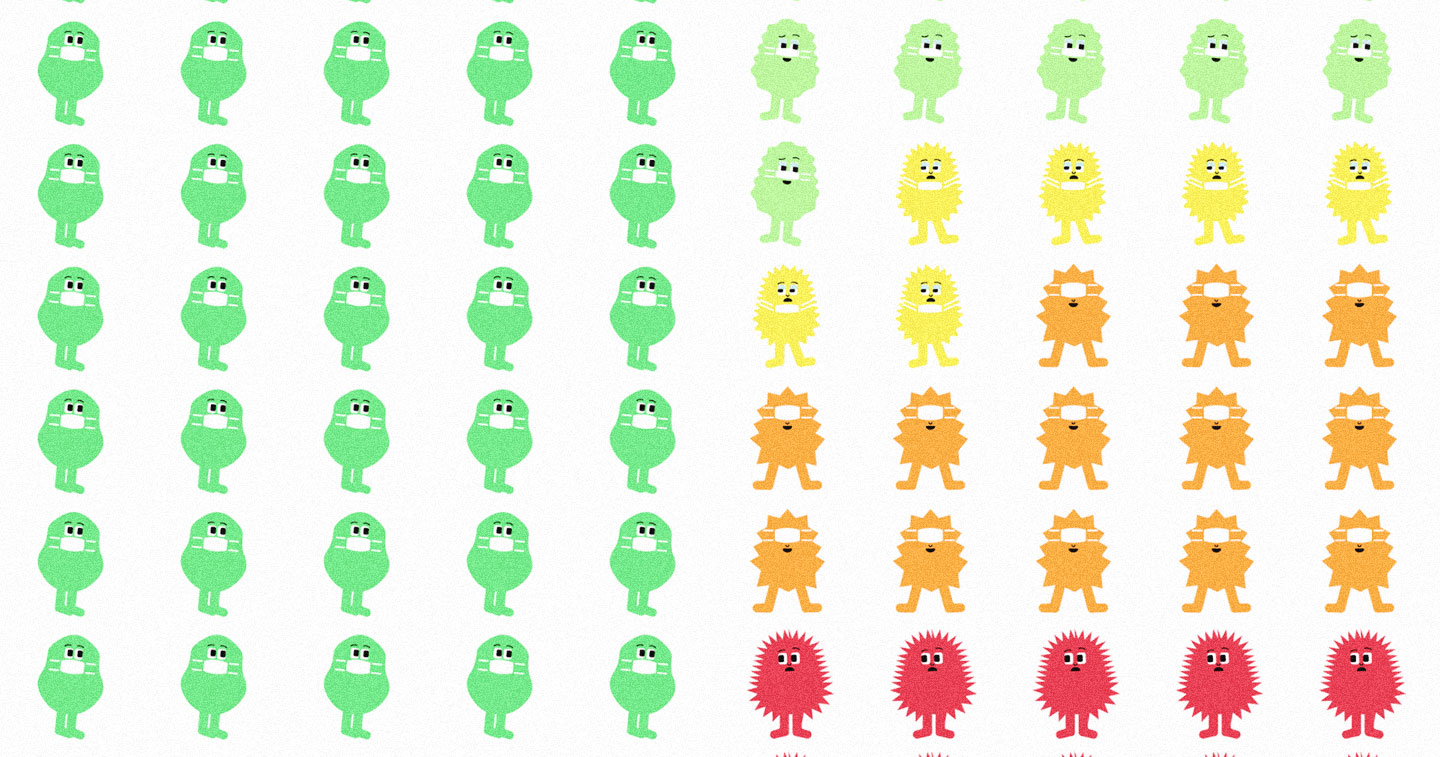SINGAPORE – Twenty-six per cent of people globally believe that social divides are a worse threat than Covid-19 (this rises to 40% in Chile, 32% in Spain and 30% in the US), and 35% of people globally believe that Covid-19 has emphasized existing inequalities, according to “Truth About Culture and COVID-19 Phase 5”— the fifth study on the pandemic by McCann Worldgroup’s global intelligence unit — McCann Worldgroup Truth Central.
As the health crisis starts to subside in parts of the world, societal divides are increasing taking the spotlight. When asked about what they hope will ‘no longer exist’ after the pandemic, unsurprisingly, the number one answer people gave is ‘Coronavirus’ but ‘Racism’ is a close second.
Respondents answered similarly when answering what they think the legacy of 2020 will be in their country:

This indicates just how deeply rooted these social issues are in our society and how far we have to go to fix them.
Untapped opportunity for brands
As we’ve seen since the beginning of this crisis, people are feeling let down by the institutions created to support them in moments like these. 27% of study respondent globally say that their government has let them down (up from 24% in Wave 3). In the UK, levels of agreement with this statement have jumped from 19% to 37% in just a matter of weeks. Other markets including Brazil (28% Wave 3 -> 36% Wave 5), Colombia (21% Wave 3 -> 30% Wave 5) have also seen large increases. Even China, where there’s been a lot of pride for the government’s response to the virus, those who report that feel the government has let them down doubled from 7% in Wave 3 to 14% in Wave 5. In addition, people still don’t know what information they can believe: 29% Wave 3 -> 35% Wave 5 say ‘I don’t know what information I can trust.’
At the same time, recent data from McCann Worldgroup’s “Truth About Global Brands 2” research makes it clear that brands have immense opportunity to fill these voids, with 81% of people globally stating their belief that brands have the power to make the world better.
“The world has been largely let down by their governments and over a third of people globally say that their freedom has been their greatest personal loss as a result of the pandemic,” said Richard McCabe, Regional Strategy Director APAC, McCann Worldgroup. “People are ready for what’s next, and now is not the time to fade into the background. As we’ve learned from McCann China’s study on ‘Building Brands in a Recession,’ which drew upon our Truth About Global Brands research, there’s a strong appetite for brands to push through the noise and help fill the vacuum of global leadership. 72% of people globally are open to brands playing a broader role in society, suggesting that this a crucial moment for brands to truly take stock of the situation and earn their meaningful role in people’s lives.”
What will reopening look like?
As we move into this brave new world of recovery, what will reopening actually look like? Will we just go back to life without masks or will people follow the rules? 3 in 10 people around the world already believe that we’re reopening society too quickly (up to 51% in the UK, 39% in Mexico and 35% in the US).
The truth is different people will respond differently, and we’ve identified a spectrum of responses to the rules and safety advice that we’re calling The Covid Compass to help understand these variances.
At this point, roughly half of people have chosen to follow the rules and the other half are following them to varying degrees for different reasons ranging from feeling like institutions like the government have let them down or placing increased focus on restoring the economy to pre-pandemic levels.

- The Cautious (50%): Half of people around the world say they are following the rules carefully, and this segment is more likely to be concerned that lots of people will die and to report increased levels of anxiety.
- The Conditionals (21%): A fifth of people are a little bit more flexible with the rules, following some but not others. This segment of the population are more likely to be concerned about the economy than the rest of the world.
- The (Non) Conformists (6%): The smallest segment, the Non-Conformists are choosing to ignore the rules entirely and are most likely believe that dating will be safe before we have a vaccine.
- The Creatives (13%): Not happy with the rules in place, this segment are following their own rules in part because they feel the government has let them down and they’re unable to find information they can trust.
- The Clueless (9%): What rules? About 1 in 10 people globally don’t know what the rules are, and are less likely to be concerned that we are reopening society too quickly.

Of course, the distribution of these segments varies depending on where you are in the world. There’s a much higher proportion of “The Cautious” in the UK while Turkey, Japan, China and Russia have much more even distributions across the five segments.








